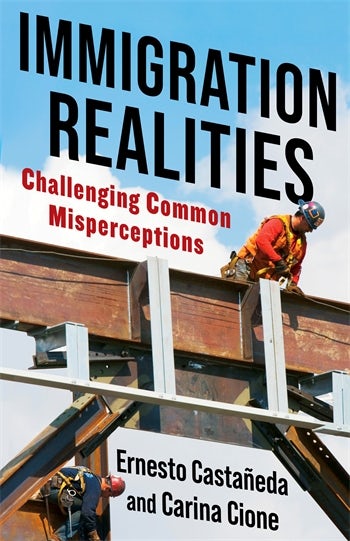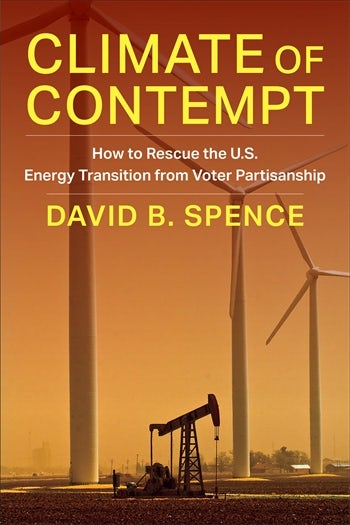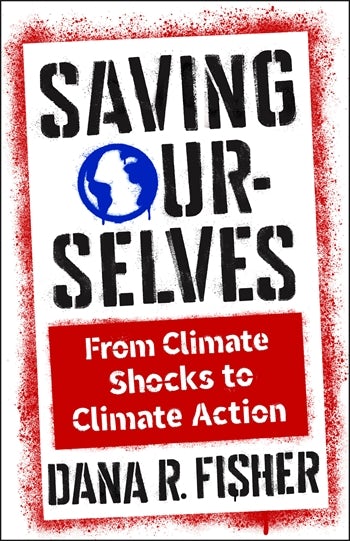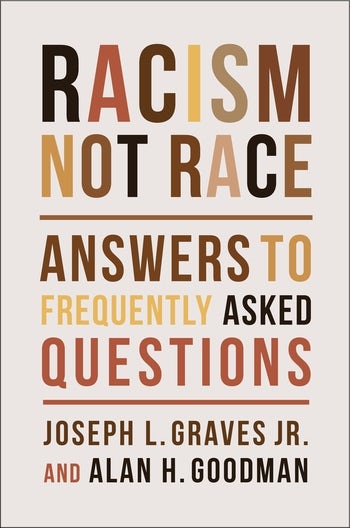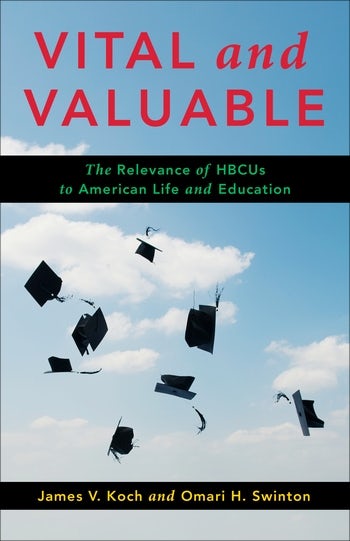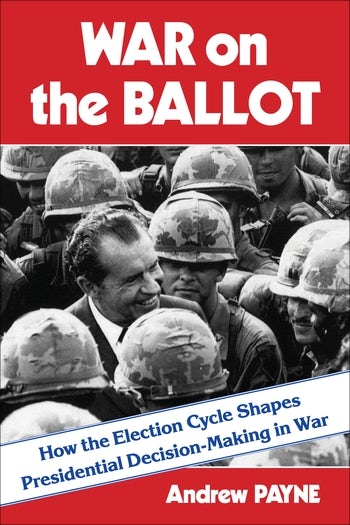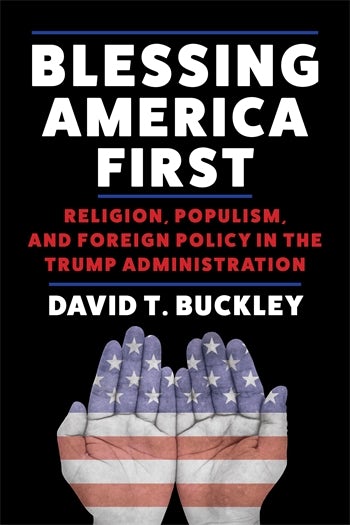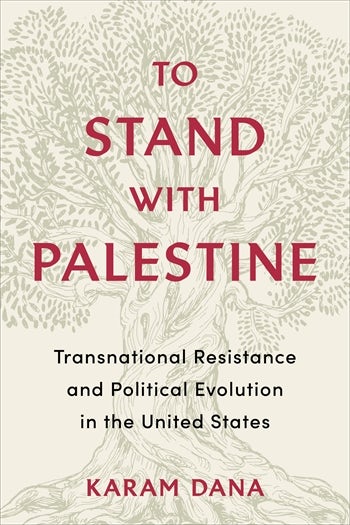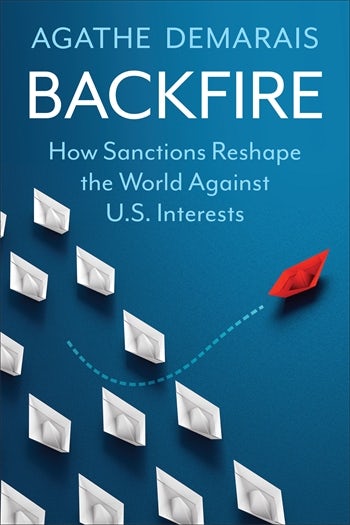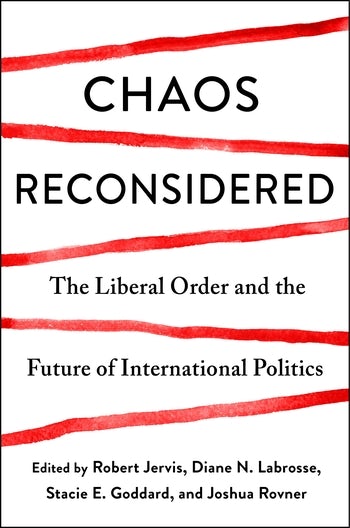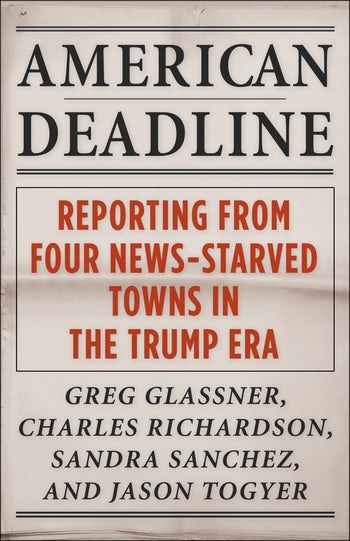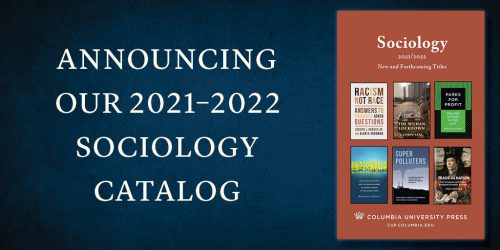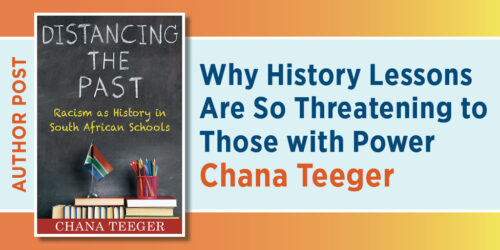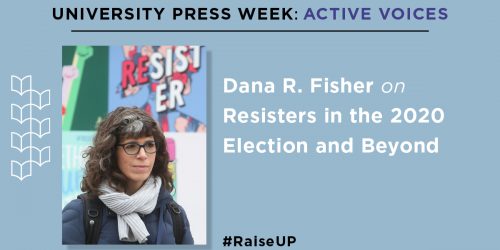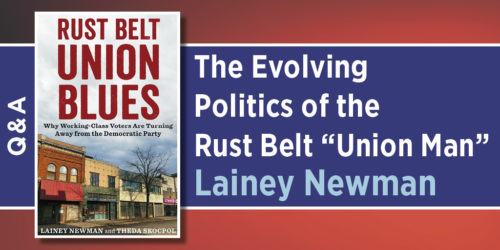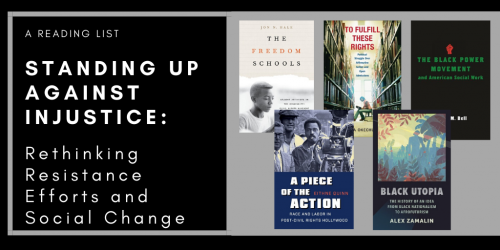13 Must-Read Books for Understanding U.S. Policies and Media Relations
Raina Mansfield
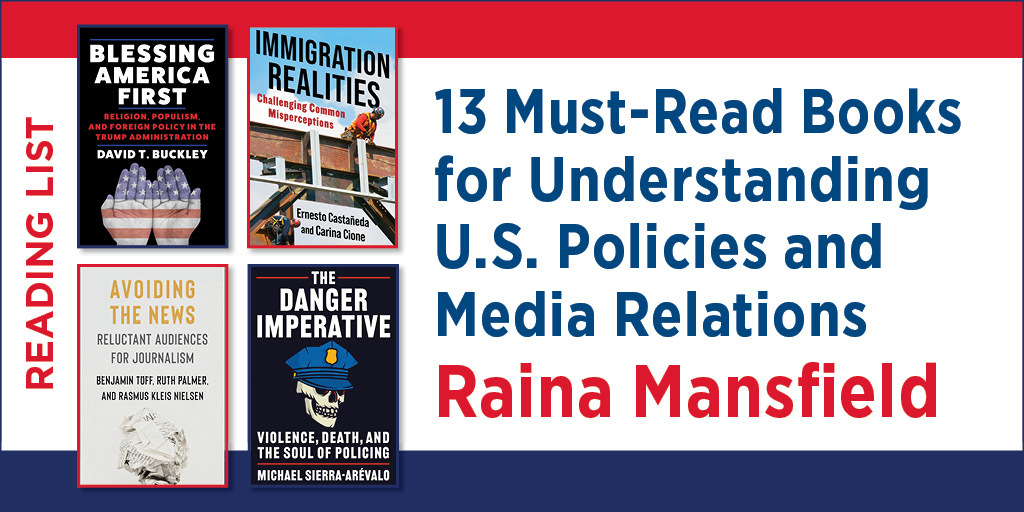
Continuing our recommendations for books to read as the election cycle heats up, we curated a list of books about U.S. domestic concerns, such as climate activism, policing, immigration, and race relations, as well as books that provide insights on U.S. foreign relations, such as war policies and sanctions. We conclude the list with more suggested reading to help voters understand the news media and voter aversion to news consumption.
U.S. Public Policies
Immigration Realities
Challenging Common Misperceptions
Ernesto Castañeda and Carina Cione
In an election where border security seems almost constantly mentioned, Immigration Realities is a timely source of fact-checked information. Each chapter debunks a frequently encountered claim and answers common questions. Presenting the latest findings and decades of interdisciplinary research in an accessible way, Ernesto Castañeda and Carina Cione emphasize the expert consensus that immigration is vital to the United States and its success. This book is an indispensable guide for all readers who want to counter false claims about immigration and are interested in what the research shows. Read more in this Q&A.
Climate of Contempt
How to Rescue the U.S. Energy Transition from Voter Partisanship
David B. Spence
During this election season, a topic that is widely expected to come up in conversations is polarization. Climate of Contempt explores how this polarization and misinformation stymies U.S. climate change policies. In a voter-centric, bottom-up explanation of national climate politics, David B. Spence suggests new paths forward and offers hope for a carbon-neutral future.
Saving Ourselves
From Climate Shocks to Climate Action
Dana R. Fisher
Saving Ourselves may be another book about climate change, but Dana R. Fisher takes a unique approach by analyzing the evolution of climate activism through an optimistic lens. Fisher offers timely insights on how social movements can take power back from deeply entrenched interests and open windows of opportunity for transformative climate action.
The Danger Imperative
Violence, Death, and the Soul of Policing
Michael Sierra-Arévalo
With the number of fatal incidents caused by police officers increasing every year, the topic of police brutality is sure to be a discussion amongst candidates this election cycle. The Danger Imperative applies a sociological perspective to policing and violence by drawing on more than 100 interviews and 1,000 patrol hours. Michael Sierra-Arévalo explores the implicit racial bias in police training and how violence is the logical consequence of an institutional culture that privileges officer survival over public safety.
Racism, Not Race
Answers to Frequently Asked Questions
Joseph L. Graves Jr. and Alan H. Goodman
In Racism, Not Race, Joseph L. Graves Jr. and Alan H. Goodman explore how the pseudoscience of race fuels racism. Using a Q&A format, this book tackles common misconceptions about human biology, exploring the difference between social and biological perceptions of race. The authors look at how the ideology of racism created races and show why the inequalities ascribed to race are in fact caused by racism. You can also check out a Q&A with the authors on our blog.
Vital and Valuable
The Relevance of HBCUs to American Life and Education
James V. Koch and Omari H. Swinton
In Vital and Valuable, two distinguished economists provide a groundbreaking analysis of historically Black colleges and universities (HBCUs). James V. Koch and Omari H. Swinton highlight the distinctive features that make HBCUs what they are and consider whom they serve and how, contextualizing these institutions within the landscape of American higher education. This book is an indispensable resource about higher education policymaking and the importance of HBCUs in American culture. For more on the importance of HBCUs, read this author post on our blog.
U.S. Foreign Policies
War on the Ballot
How the Election Cycle Shapes Presidential Decision-Making in War
Andrew Payne
War on the Ballot provides insight into the relationship between electoral politics and wartime decision-making. At a time when wars overseas are sparking protests at home, Andrew Payne draws on a wealth of declassified documents and interviews with senior administration officials and military officers to reveal the surprisingly large role played by political considerations during conflicts and how electoral politics shaped presidential decisions on military and diplomatic strategy during the Korean, Vietnam, and Iraq wars. Read more in this Q&A.
Blessing America First
Religion, Populism, and Foreign Policy in the Trump Administration
David T. Buckley
In an election where Donald Trump is once again running for office, books about his time as president can provide helpful means for understanding his policies. In Blessing America First, David T. Buckley argues that religion in U.S. foreign policy shifted from an implement of statecraft to a tool of populist political strategy. Populism has also promoted international religious ties in a surprising range of settings, ranging from Poland to India, from Brazil to Russia. Read more in this Q&A.
To Stand with Palestine
Transnational Resistance and Political Evolution in the United States
Karam Dana
In recent years, there has been an increase in transnational support for the Palestinian cause. In To Stand with Palestine, Karam Dana explores how emergent progressives in the United States have challenged the status quo of Palestinian demonization in media and politics. Drawing on interviews with key advocates—including members of the Palestinian diaspora and Jewish American activists—as well as public opinion data and media analysis, Dana traces how global Palestinian communities are influencing American views.
Backfire
How Sanctions Reshape the World Against U.S. Interests
Agathe Demarais
A deep dive into an increasingly significant aspect of U.S. global policy, Backfire studies the surprising ways that sanctions affect multinational companies, governments, and ultimately millions of people around the world. Drawing on interviews with experts, policymakers, and people living in sanctioned countries, Agathe Demarais examines the unintended consequences of the use of sanctions as a diplomatic weapon.
Chaos Reconsidered
The Liberal Order and the Future of International Politics
Edited by Robert Jervis, Diane N. Labrosse, Stacie E. Goddard, and Joshua Rovner with George Fujii
In this wide-ranging collection of essays, Chaos Reconsidered explores the liberal order by placing the Trump and Biden presidencies within historical context. Experts provide a comprehensive analysis of the state of U.S. alliances and partnerships, the durability of the liberal international order, the standing and reputation of the United States as a global leader, the implications of China’s assertiveness and Russia’s aggression, and the prospects for the Biden administration and its successors.
US. Media and Communications
Avoiding the News
Reluctant Audiences for Journalism
Benjamin Toff, Ruth Palmer, and Rasmus Kleis Nielsen
As the election season ramps up, it can feel increasingly difficult to engage with the news in a healthy way, which may lead to complete avoidance. In Avoiding the News, Benjamin Toff, Ruth Palmer, and Rasmus Kleis Nielsen examine why and how so many people consume little to no news despite unprecedented abundance and ease of access to information. The authors argue that news avoidance is not only about content but also about identity, ideologies, and infrastructures: who people are, what they believe, and how news does or does not fit into their everyday lives. Read about how to stay informed without losing your sanity is this blog post.
American Deadline
Reporting from Four News-Starved Towns in the Trump Era
Greg Glassner, Charles Richardson, Sandra Sanchez, and Jason Togyer
In the face of tumultuous national events, it often can be hard to see outside of your own interpretations of and engagement with the news. American Deadline explores how residents of small towns that are overlooked by national newspapers get their news, and the role that local media played in reporting the events of 2020. Greg Glassner, Charles Richardson, Sandra Sanchez, and Jason Togyer examine how residents of these towns grapple with and talk about issues relating to race, education, health, immigration, deindustrialization, and local and national politics amid a changing and increasingly precarious information ecosystem.
Categories:JournalismMedia StudiesPoliticsReading List
Tags:Agathe DemaraisAlan H. GoodmanAmerican DeadlineAndrew PayneAvoiding the NewsBackfireBenjamin ToffBlessing America FirstCarina CioneChaos ReconsideredCharles RichardsonClimate of ContemptDana R. FisherDavid B. SpenceDavid T. BuckleyDiane N. LabrosseErnesto CastañedaGeorge FujiiGreg GlassnerImmigration RealitiesInform Your VoteJames V. KochJason TogyerJoseph L. Graves Jr.Joshua RovnerKaram DanaMichael Sierra-ArévaloNot RaceOmari H. SwintonRacismRasmus Kleis NielsenRobert JervisRuth PalmerSandra SanchezSaving OurselvesStacie E. GoddardThe Danger ImperativeTo Stand with PalestineU.S. Foreign PoliciesU.S. Public PoliciesVital and ValuableWar on the Ballot

